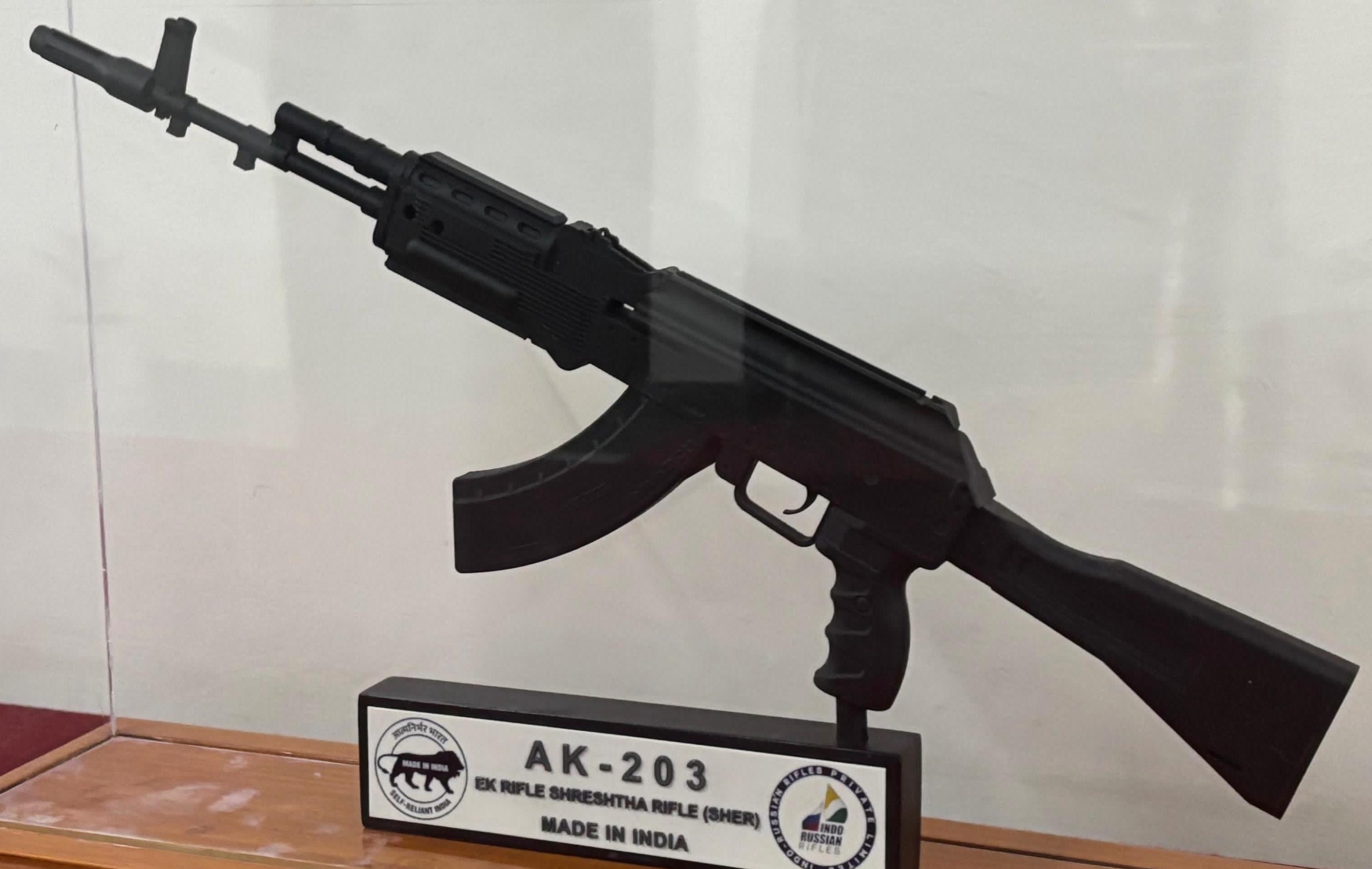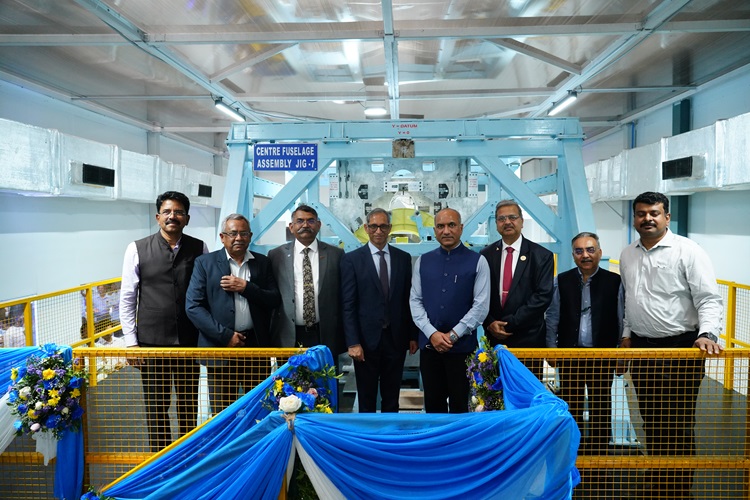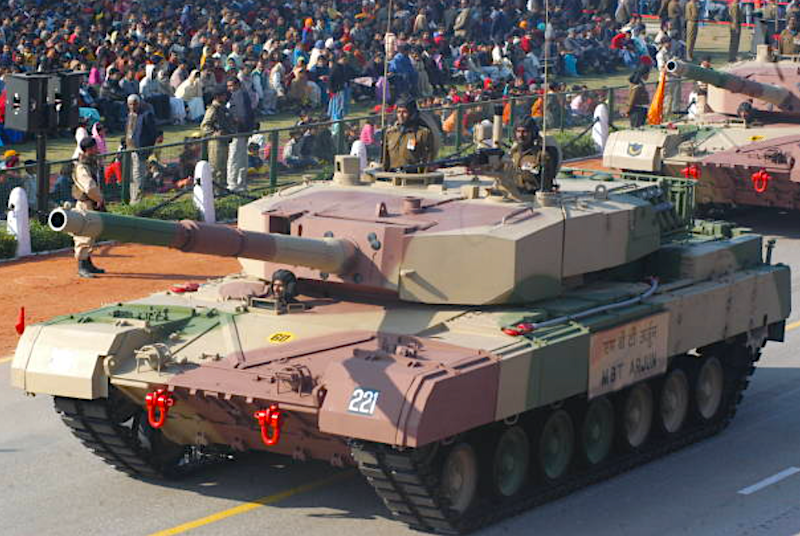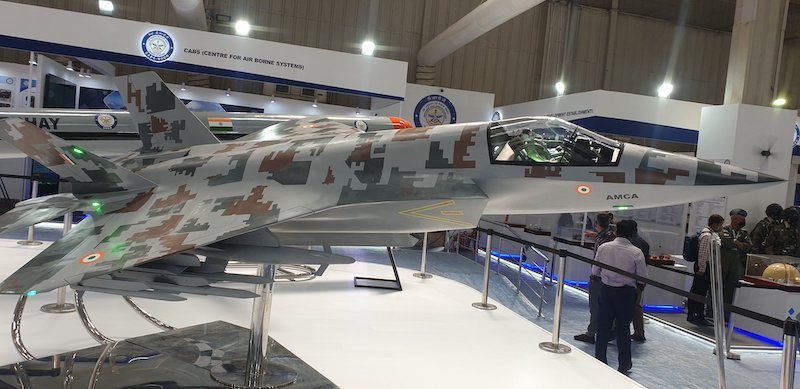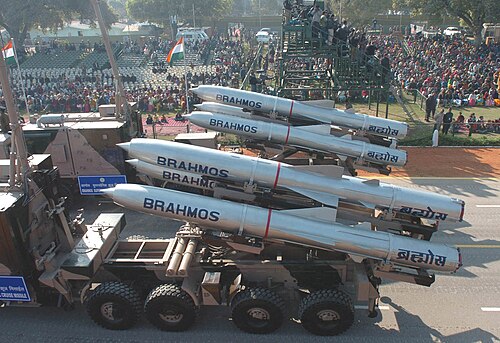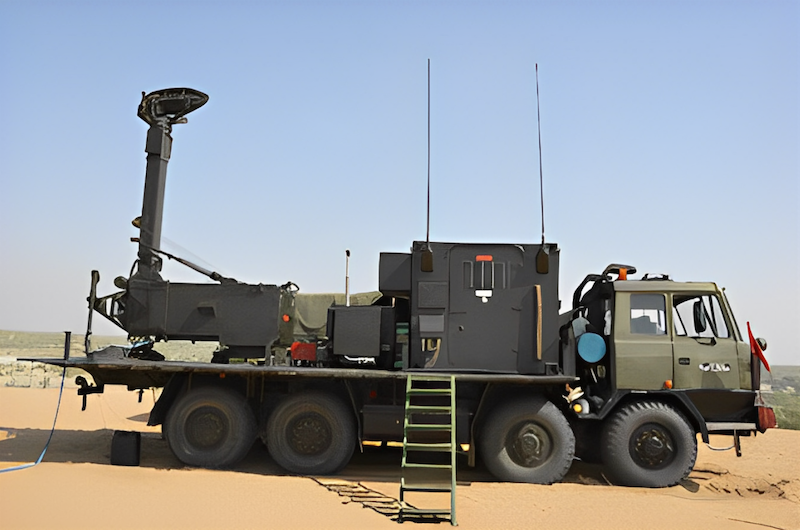 An Akashteer C4ISR system.
An Akashteer C4ISR system.
New Delhi: The Ministry of Defence has awarded a ₹2,000 crore contract to state-owned Bharat Electronics Limited (BEL) for supplying advanced air-defence fire-control radars to the Indian Army, marking a significant step in the service’s modernization programme.
The contract, signed on Friday under the government’s Buy (Indian-Indigenously Designed Developed and Manufactured) category, will equip the Army’s Corps of Air Defence units with cutting-edge surveillance and targeting systems. While officials declined to specify the exact number of radar units being procured, they emphasized the deal’s strategic importance for enhancing operational readiness against aerial threats.
Indigenous technology
The air-defence fire-control radars (ADFCRs) represent a substantial leap in India’s defence-manufacturing capabilities, with each system featuring a minimum 70% indigenous content. These sophisticated platforms are designed to detect and track multiple aerial threats simultaneously, including fighter aircraft, attack helicopters, and unmanned aerial vehicles.
Each radar system integrates multiple components onto a single high-mobility vehicle, including an X-band active array antenna-based 3D search radar, Ka-band tracking radar, electro-optical sensors for passive 2D tracking, laser range finder for radar-independent ranging, gun control unit, power generator, and a commander’s cabin. This comprehensive design enables the system to control more than two anti-aircraft guns simultaneously while providing effective point defence against short and very short-range air threats under all weather conditions.
The procurement aligns with India’s broader push for self-reliance in defence manufacturing, reducing dependence on foreign suppliers while boosting the domestic defence industrial base. BEL, a leading defence electronics manufacturer, has emerged as a key player in this transition, leveraging decades of experience in radar and electronic warfare systems.
Building on proven success
BEL’s track record in air-defence systems includes the operational Akashteer platform, which has been serving with the Army as an advanced, AI-powered air-defence control and reporting system. Akashteer provides real-time situational awareness and coordinates air-defence operations by integrating various sensors, radars, and communication technologies across diverse terrains.
The system demonstrated its operational value during Operation Sindoor against Pakistan, where it played a critical role in countering adversary threats. This operational validation has reinforced confidence in indigenous air defence technologies and supported the decision to expand BEL’s role in the Army’s modernization programme.
Strategic implications
The new radar contract addresses growing concerns about airspace security, particularly given the evolving nature of aerial threats in modern warfare. The proliferation of drones and other unmanned systems has necessitated more sophisticated detection and tracking capabilities, which these indigenous radars are specifically designed to counter.
Defence analysts note that the timing of this procurement is significant, as regional security challenges continue to evolve. The emphasis on indigenous manufacturing not only strengthens national security but also contributes to the government’s Atmanirbhar Bharat (self-reliant India) initiative in the defence sector.
The contract is expected to generate substantial employment opportunities within India’s defence manufacturing ecosystem while building technical expertise that could be leveraged for future export opportunities. BEL has increasingly positioned itself as a potential exporter of defence technologies, and successful deployment of these radar systems could enhance its international competitiveness.
This latest deal reinforces the defence ministry’s commitment to modernizing India’s armed forces through indigenous solutions, reducing import dependence while building strategic autonomy in critical defence technologies. The successful execution of this contract will serve as a benchmark for future indigenous defence procurements and could pave the way for additional orders as the Army continues its modernization efforts.



